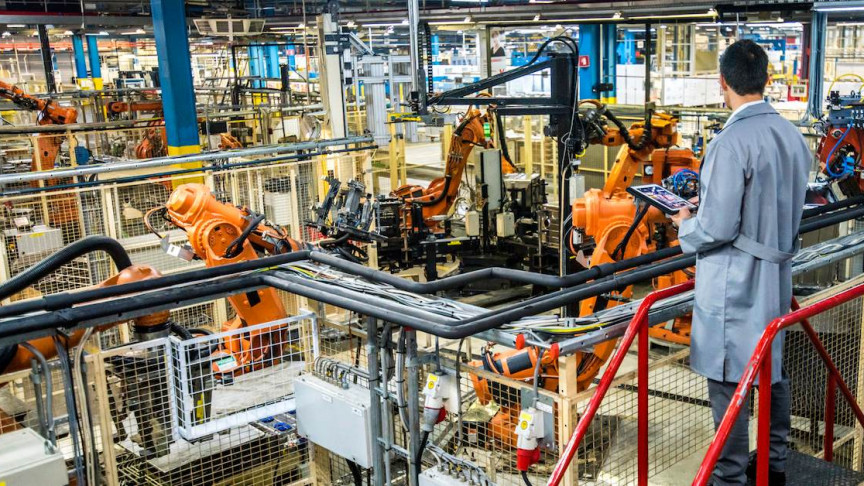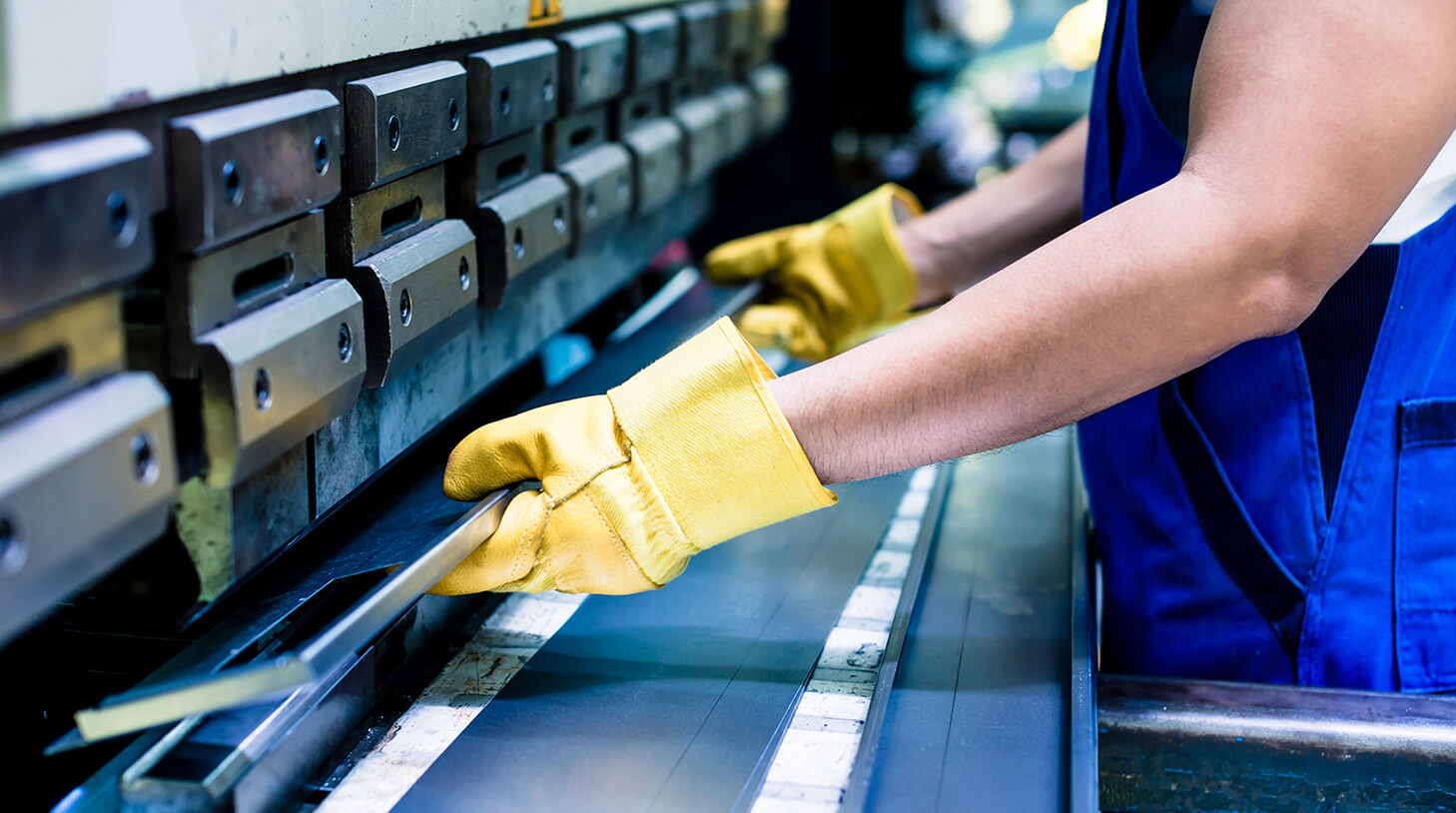1. What is the production system?
Production system is also known as Production System. The production management system includes methods and procedures as well as the arrangement of necessary functions. This helps gather inputs and provide output products on the market. The production system uses raw materials, funding, infrastructure, and labor to produce the necessary amount of goods.
Production management helps businesses consistently produce quality products to continuously meet customer needs. In addition, the production monitoring system also helps businesses build a production process that is more flexible, stable and not overloaded. Thereby, production costs will be reduced to the lowest possible level.
2. Classify common production systems
Production monitoring system is the most important and indispensable part for a manufacturing enterprise. Therefore, businesses need to classify production systems in order to meet customer needs promptly as well as on time and regularly.
2.1 According to form
What types of flexible production systems include? Below is the full answer to this question that readers can refer to immediately.
- Continuous production
This is the production process in which businesses must produce and process a variety of products or a group of products. Therefore, production equipment is installed in lines to create a straight line of moving products. However, when produced using this method, it will not be flexible. Because production machinery and equipment have only one purpose, which is to create a certain type of product.
This is the production process in which businesses must produce and process a variety of products
- Production interruption
Intermittent production is a form of production organization as well as processing or processing small amounts for each product line. Therefore, businesses will own more diverse products. When producing in this type, equipment and machinery will be installed based on the function of each department in the enterprise.
- Project-based production
This is a production model where the products created are unique. For example, producing a movie or writing a book or building a ship, etc. Then, the production process will be a unique and unrepeatable process. Meanwhile, project-based production helps reduce downtime. From there, the project always ensures completion time and timely product delivery.

2.2 According to quantity and nature
- Single production
Single-unit production is one of the forms used by many businesses. When this type of production takes place, the number of product types available in the company is diverse but the quantity is not large. This is a non-repeatable production process, usually only carried out once.
- Bulk production
Unlike single-piece production, mass production brings a large, continuous quantity of products but the variety of types is not much. This is a relatively stable production process, without many structural changes in the product or processing techniques, etc. For example, steel, electricity, paper or cement production, etc.
- Mass production
This type of production combines single-piece production and mass production, very popular in the industry. Mass production is applied to businesses that own a relatively large product range. However, the annual production quantity of each product is not large enough to build an independent production line create.

3. The role of the production system
Input elements of a production system are raw materials, people, machines, factories, cash,... intended to be converted into products or services. This has brought a number of benefits as follows:
- Increase business reputation: Meeting all customer needs helps businesses score points in each type of product or service provided. Thereby, the customer lifetime rate will increase and can boost the business's reputation.
- Accomplish the goals set by the business: The production management system helps businesses achieve sales and business goals through producing goods and services that meet customers' needs. At that time, products produced that meet customer needs will help increase revenue and profits.
- Minimize production costs: Production management systems help ensure resources are used carefully. However, this still does not affect the quality of the product. But to do this, when the input and output factors are maximized.












Replies to This Discussion